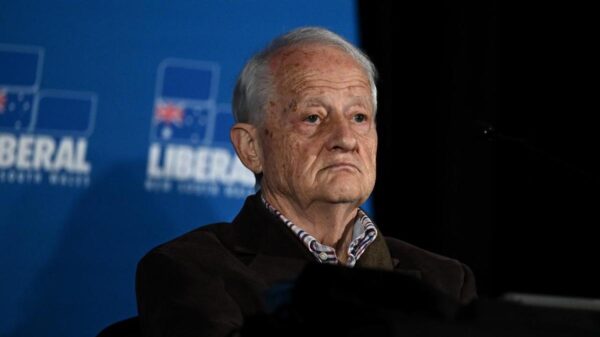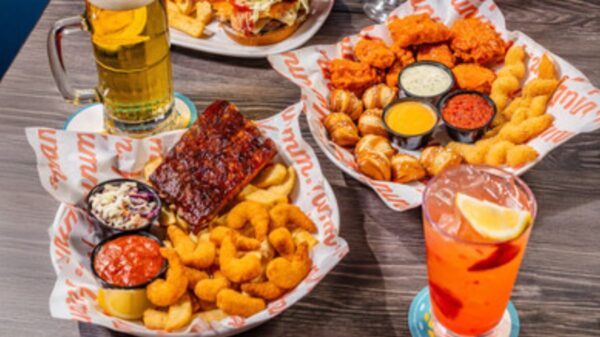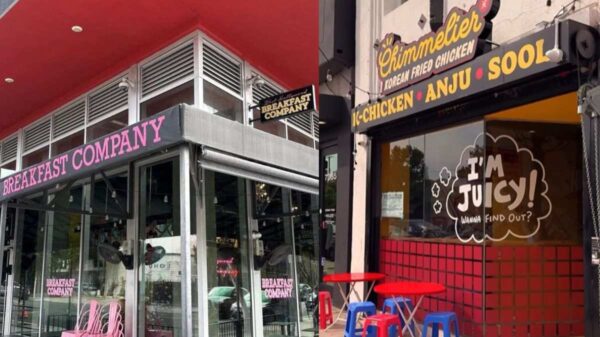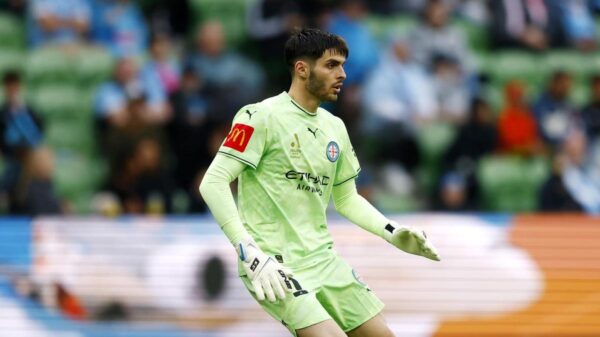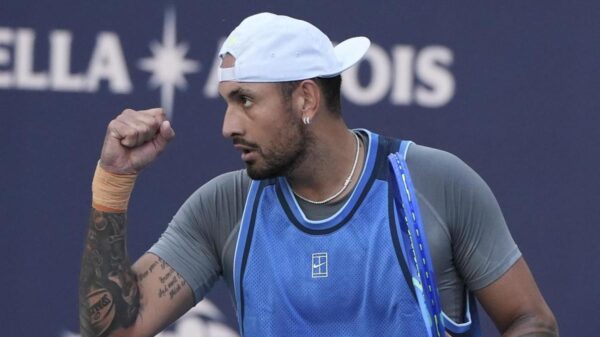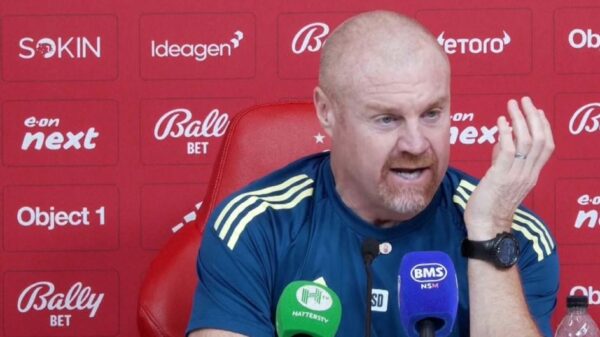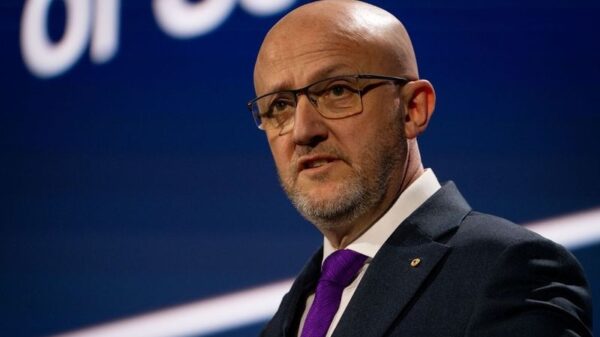Jack Cowin, the 83-year-old entrepreneur known for founding Hungry Jack’s and his pivotal role in bringing KFC to Australia, has recently stepped into the role of chief executive at Domino’s Pizza. Following a series of executive departures, including the resignation of global chief executive Mark van Dyck, Cowin is now steering the company as executive chairman. With an estimated net worth of $5 billion, Cowin is not retreating into retirement; instead, he is taking decisive action to address the challenges facing the pizza chain.
Cowin hosted a call with investors and analysts shortly after van Dyck’s departure, asserting, “This company is not in disarray. The future, in my opinion, is bright.” He emphasized the need for swift decision-making, aiming for resolutions in five minutes rather than the years suggested by his predecessor. Cowin’s remarks reflect his determination to reverse some of the strategic choices made during the tenure of former CEO Don Meij, who oversaw the company for 22 years.
Under Meij’s leadership, Domino’s experienced significant growth, particularly during the COVID-19 lockdowns, when food delivery surged. The company reached a peak share price of nearly $160 in September 2021. However, the momentum did not sustain, and sales have since stalled, leading to three downgrades of profit predictions within a year. Cowin recognizes that the business must improve its performance, stating, “The business has got to do better. We’re custodians of other people’s money.”
Challenges have been mounting for Domino’s, with competitive advantages eroding over time. Meij had invested heavily in digital platforms, spending nearly $23 million in just six months, but these investments have not yielded sufficient returns. Industry experts, including consultant Suzee Brain, suggest that the rapid expansion into new markets was based on overconfidence during an unsustainable period of high demand.
Cowin is now focused on addressing these issues head-on. He noted that many international locations, including France and Japan, have been underperforming and need to be reevaluated. There is a growing consensus among analysts and investors that shedding these underperforming markets could be critical for the company’s recovery.
As the competitive landscape shifts, with emerging fast-food chains capturing the attention of younger consumers, Cowin stresses the importance of improving product quality and marketing. “They’ve never marketed it because they make great pizza,” said Brain, highlighting the need for Domino’s to re-establish itself as a premier pizza provider in Australia and beyond.
Profitability is also a top priority for Cowin, with current weekly store sales ranging from $30,000 to $100,000. However, rising costs, particularly for ingredients and operational expenses, are squeezing margins. Meij’s attempts to implement a 6 percent delivery fee backfired, leading to decreased customer purchases.
Recruitment for van Dyck’s replacement is underway, with Cowin emphasizing the need for a leader who can enact rapid changes. “If you have a strong chair in place… the next person has to subscribe to that view,” he stated, indicating that cost management will be a significant focus moving forward.
Despite the recent instability in leadership, some analysts remain optimistic about Domino’s future. Morningstar equity analyst Johannes Faul believes that the brand still holds considerable potential for growth, while others, such as stockbroker Angus Aitken, assert that there is a “huge mass market” for Domino’s offerings.
Turning around the company’s fortunes will not be quick, and Cowin acknowledges that it could take up to three years to see substantial improvements. Nonetheless, his hands-on approach and commitment to addressing the underlying issues signal a renewed focus on restoring Domino’s position in the competitive fast-food market.











